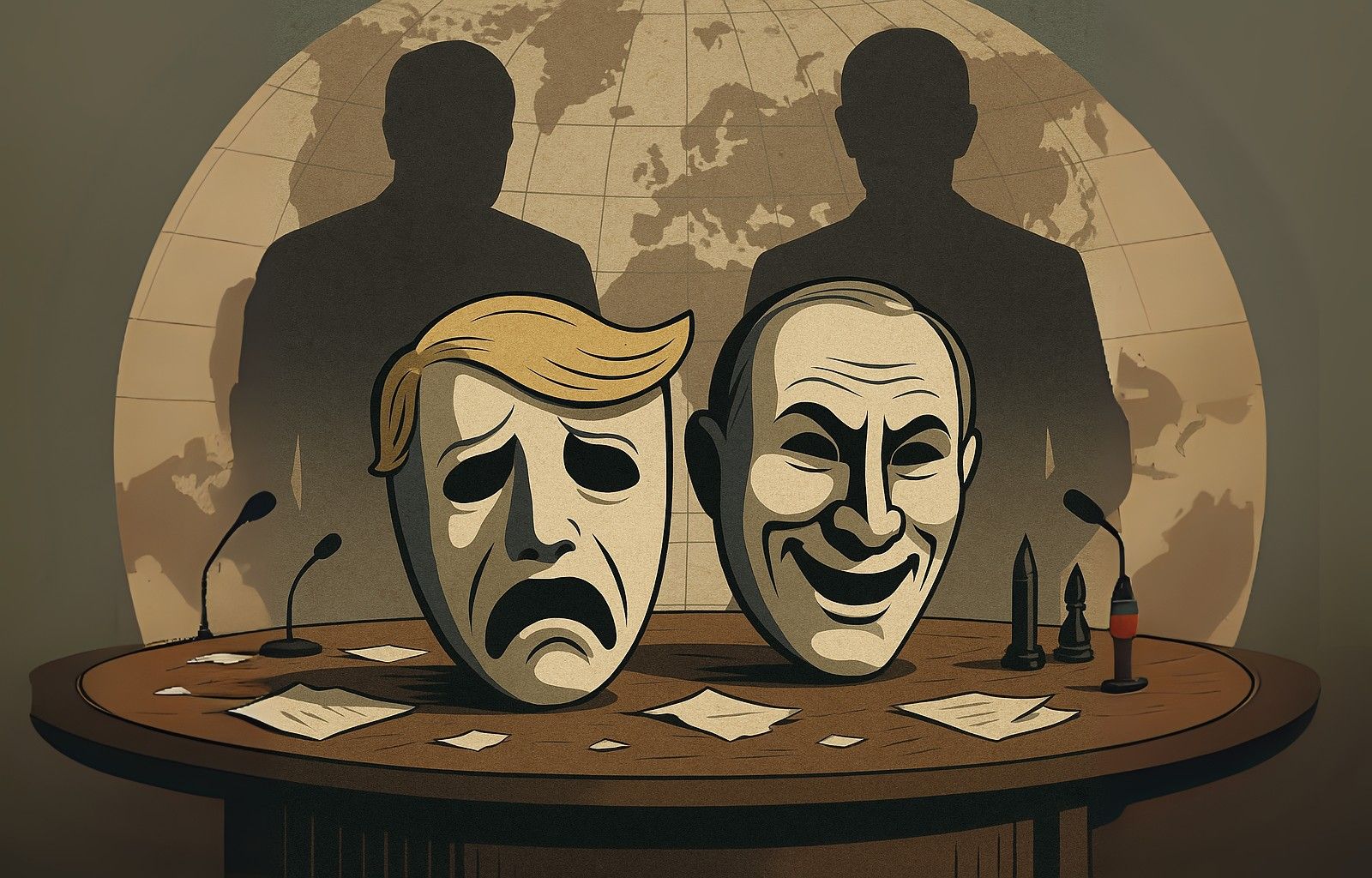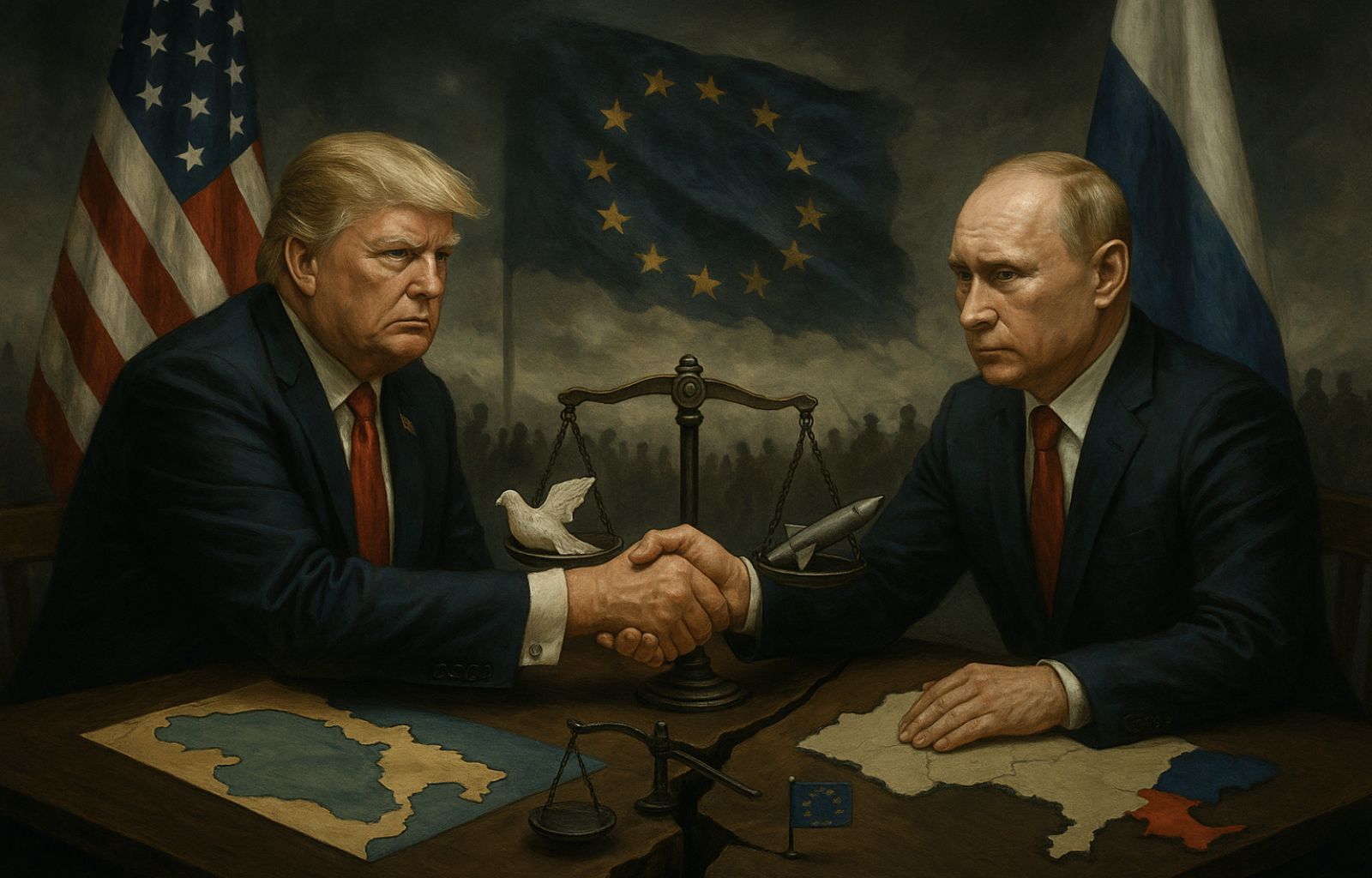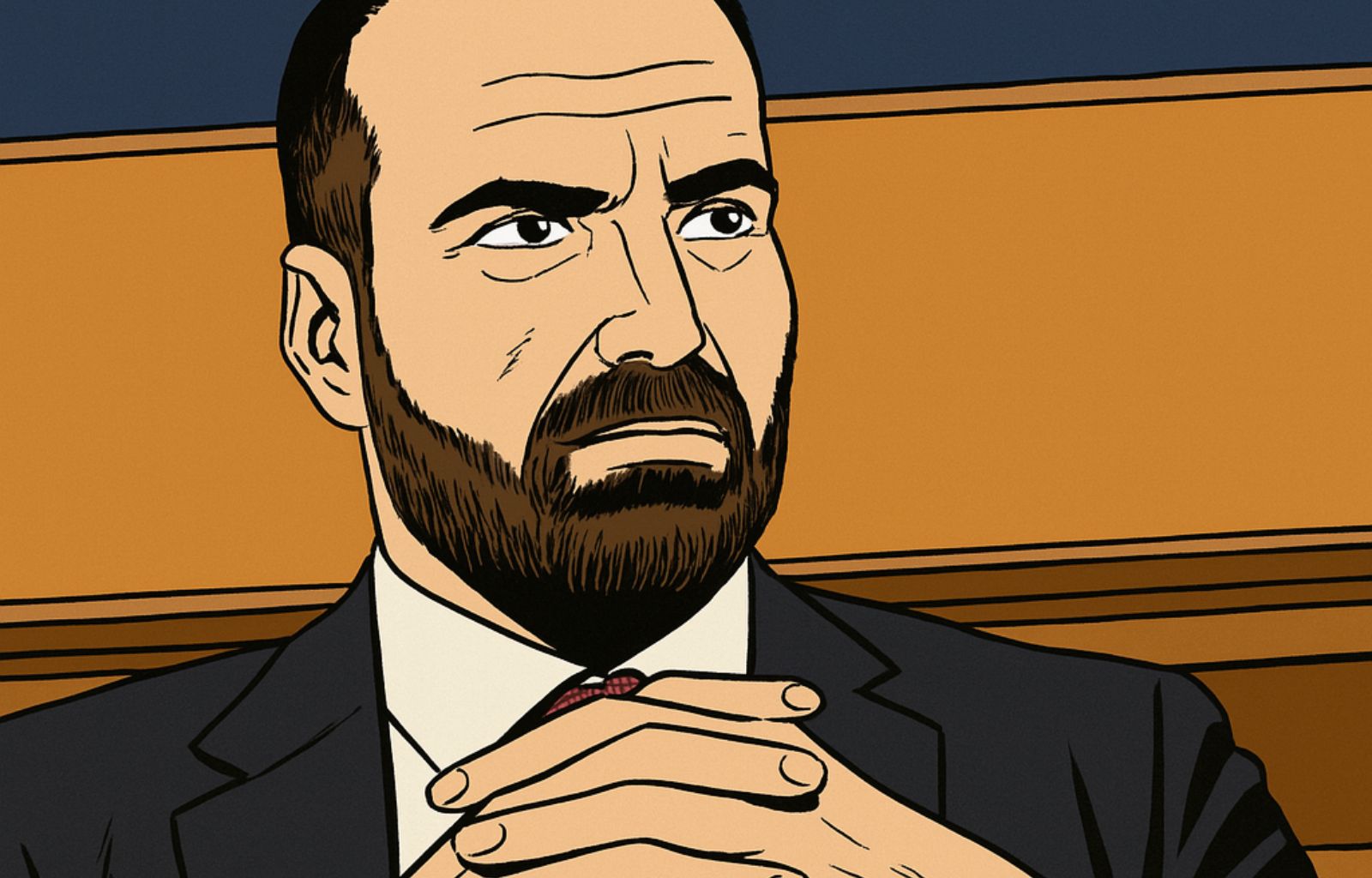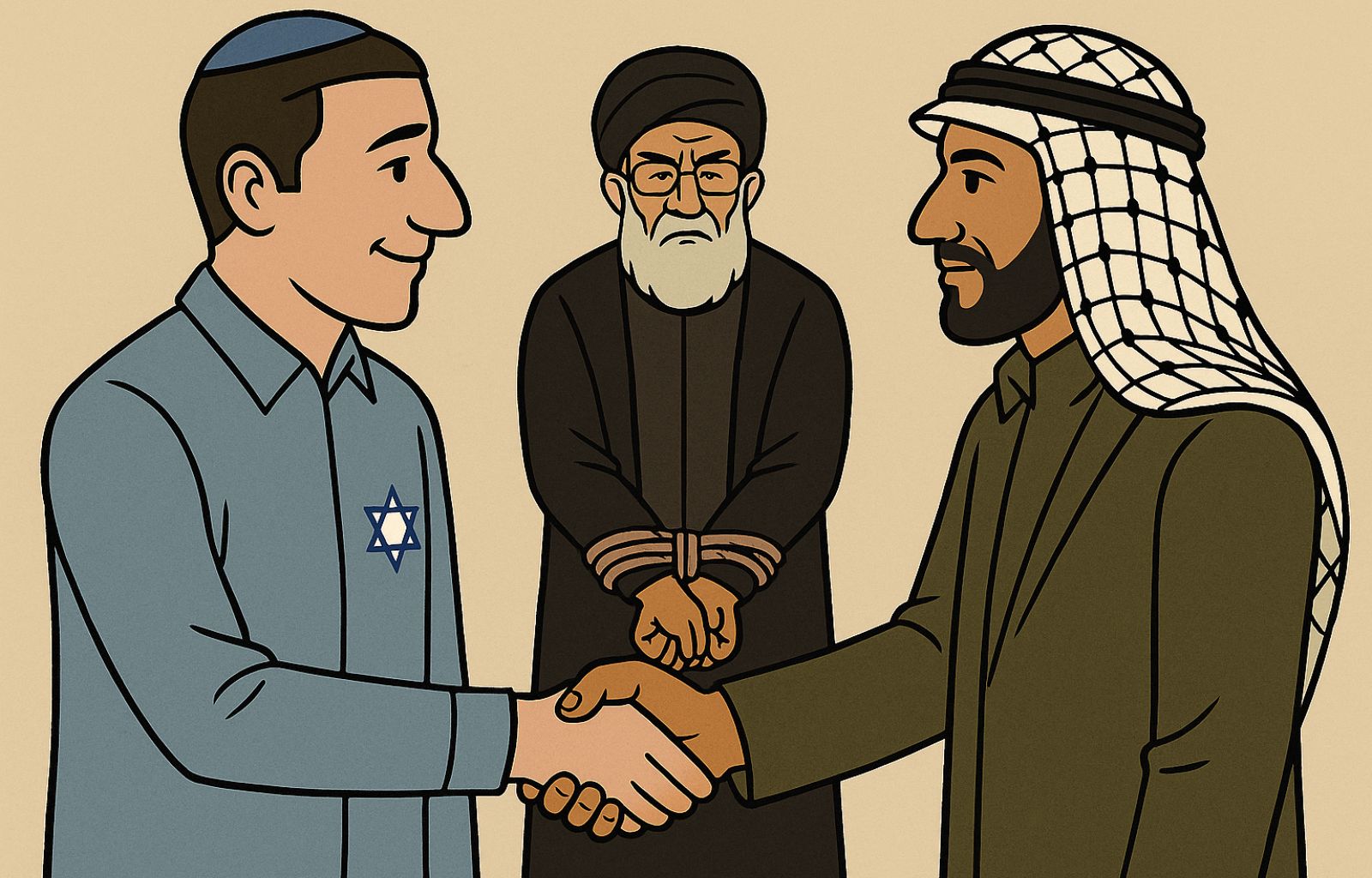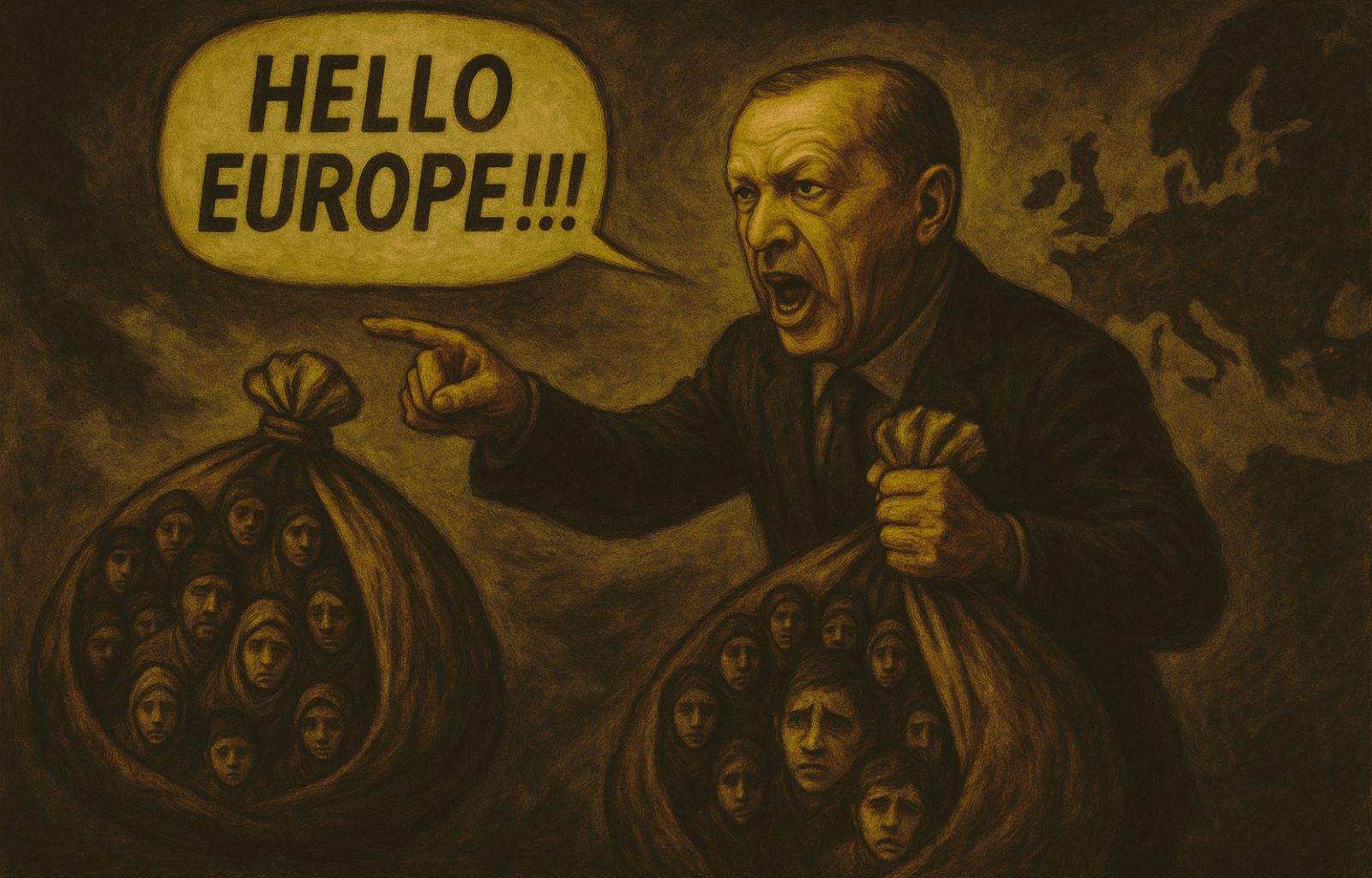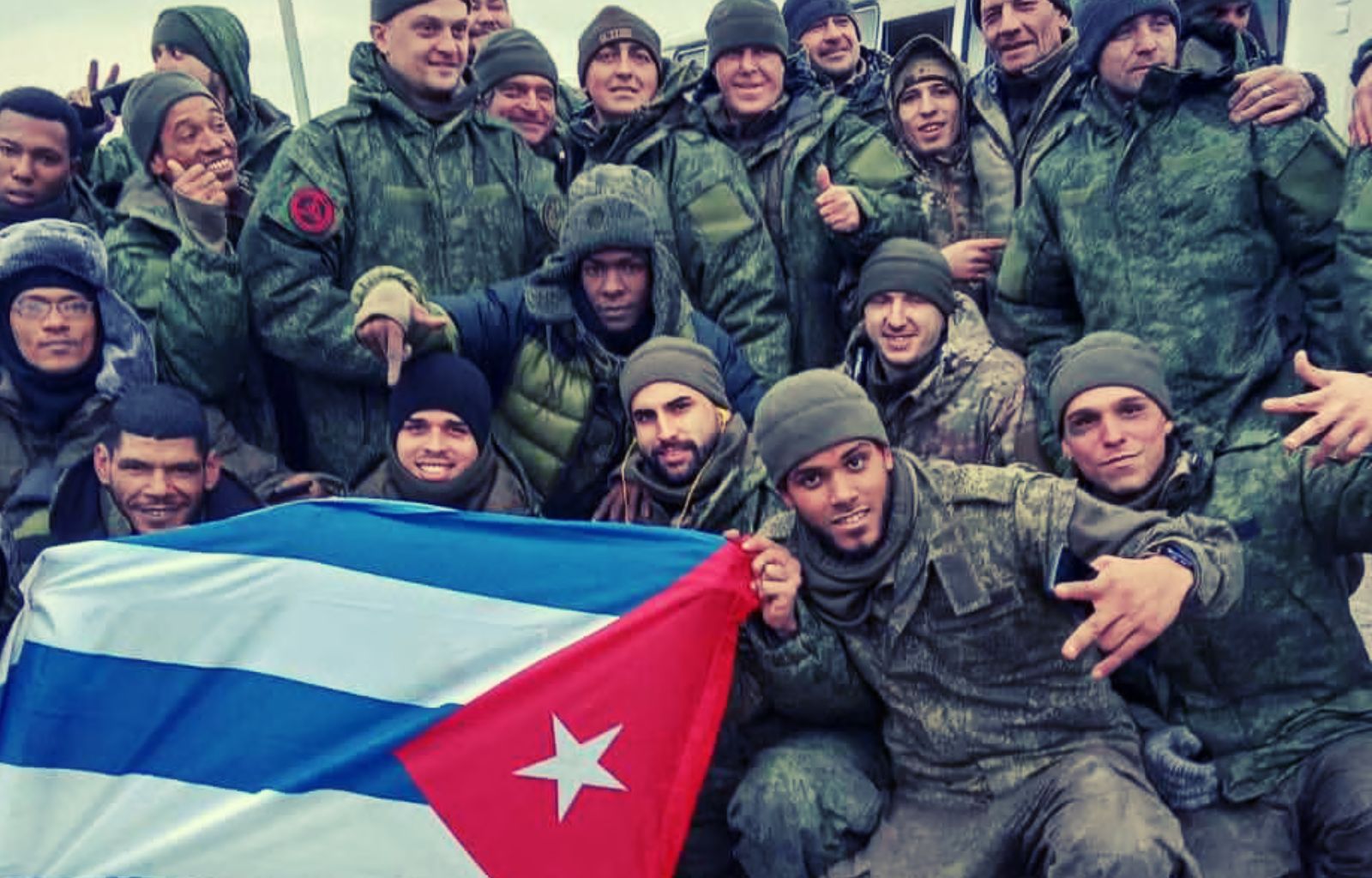‘Putin wants to go down’: Trump wakes up late, damage to Ukraine and the West remains
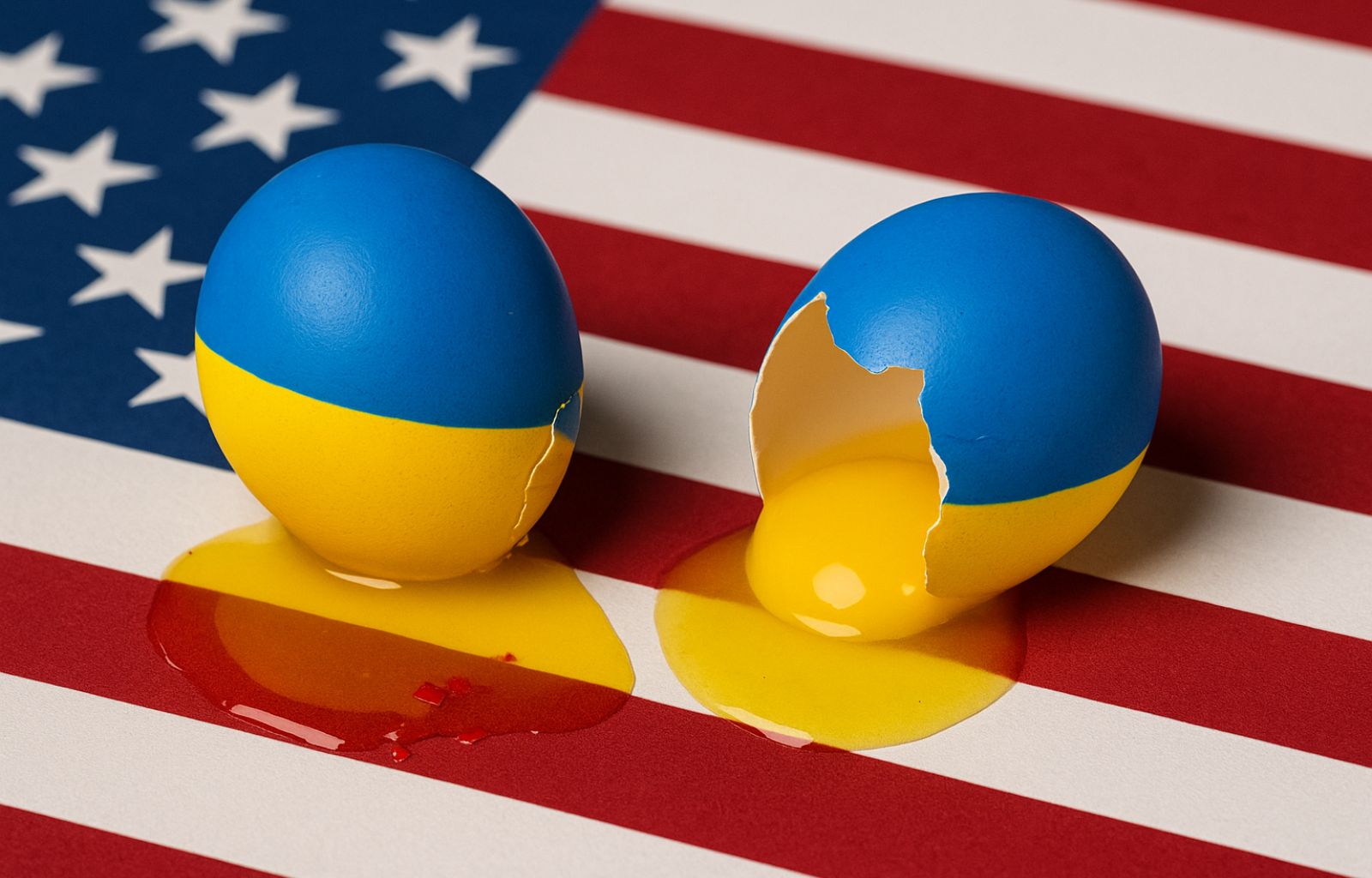
Donald Trump declared today, 5 July 2025, that Vladimir Putin ‘wants to go through with it, keep killing, it’s no good‘, also hinting that he might finally tighten sanctions against Russia. A belated admission, coming after months of a submissive approach towards the Kremlin, culminating in the US suspension of several crucial military supplies to Ukraine, including Patriot anti-aircraft systems, GMLRS missiles and other strategic weaponry.
These statements, although harsh in tone, do not erase a fundamental political fact: Trump wasted valuable time believing he could negotiate with Putin, totally underestimating the nature of the Russian regime and deluding himself that it was possible to negotiate with a rational leader willing to compromise.
As Anna Zafesova effectively explains in her recent essay Russia, the empire that cannot die. Moscow’s past, Kyiv’s future (Rizzoli, 2025), Putin’s Russia is not simply a revisionist power: it is a political and cultural system that still lives in the imperial projection of its own identity. Not a conventional actor, but a nation that opposes European modernity precisely through the systematic use of war as an instrument of historical restoration. “A country that cannot imagine the future and therefore acts to return the world to the past,” writes Zafesova.
Trump, in recent months, has shown that he does not understand this logic. He has interpreted the war in Ukraine as a bilateral crisis to be managed with pressure and incentives, ignoring that for the Kremlin the conflict is instead a necessary step in an imperial project, non-negotiable except through the surrender of Ukraine. Its suspension of military supplies – motivated by needs of “national priority” – has been read by Moscow as a sign of Western weakness. The Kremlin itself, according to authoritative sources, greeted the news of the US arms halt with enthusiasm, seeing it as a green light to intensify attacks.
This strategic misunderstanding on Trump’s part is no venial fault: it undermined US credibility. While the world watched to see whether Washington would actually follow up on words of support for Kyiv, Trump turned around the issue, fuelling division and doubt. Any indecision was read in Moscow as a sign of weakness: and an empire – the Russian empire – that cannot die has no qualms about exploiting signs of uncertainty. The result? A net strategic balance: Trump has given the Kremlin operational space, weakened Western unity and encouraged the continuation of systematic aggression.
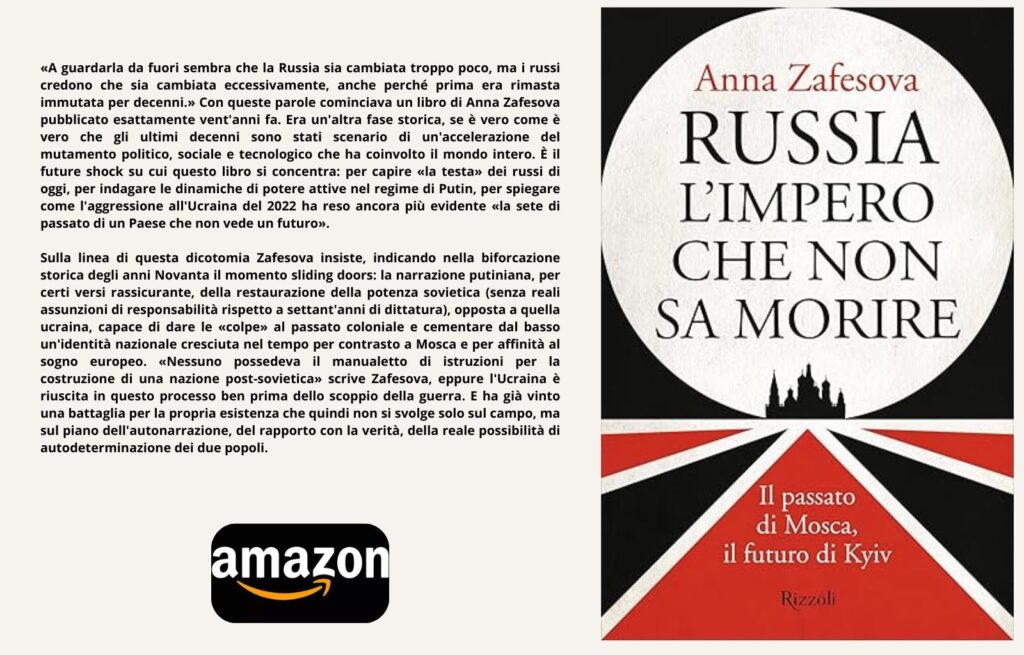
The real effect is twofold: on the one hand, Ukraine is faced with a wall of uncertainties, between misplaced expectations and the consequent need for contrast. On the other, the United States loses authority: if Washington cannot read either Moscow’s ideological framework or translate its words into deterrence, its voice is weakened in the global forum, especially among its European allies.
In conclusion, Trump pays the price for a simplified approach that conceives Putin as a rationalistic, negotiable actor rather than a spokesman for an imperial narrative. By the time he announces sanctions – perhaps – American political credit and international trust have already been eroded. And Ukraine, meanwhile, appears increasingly isolated, exposed to an aggressor who firmly believes in the ‘power’ that history grants him. Without an ability to interpret that ideological vision, nor a determination to counter it, the United States risks coming out weakened – and paying a heavy price in terms of global security.

